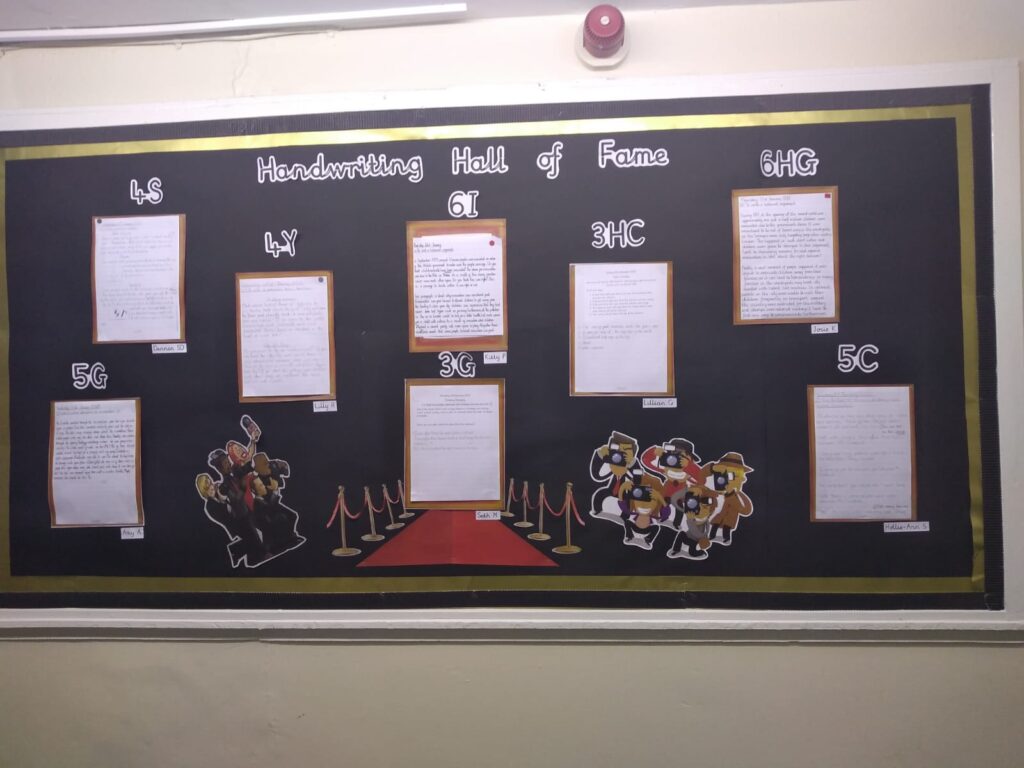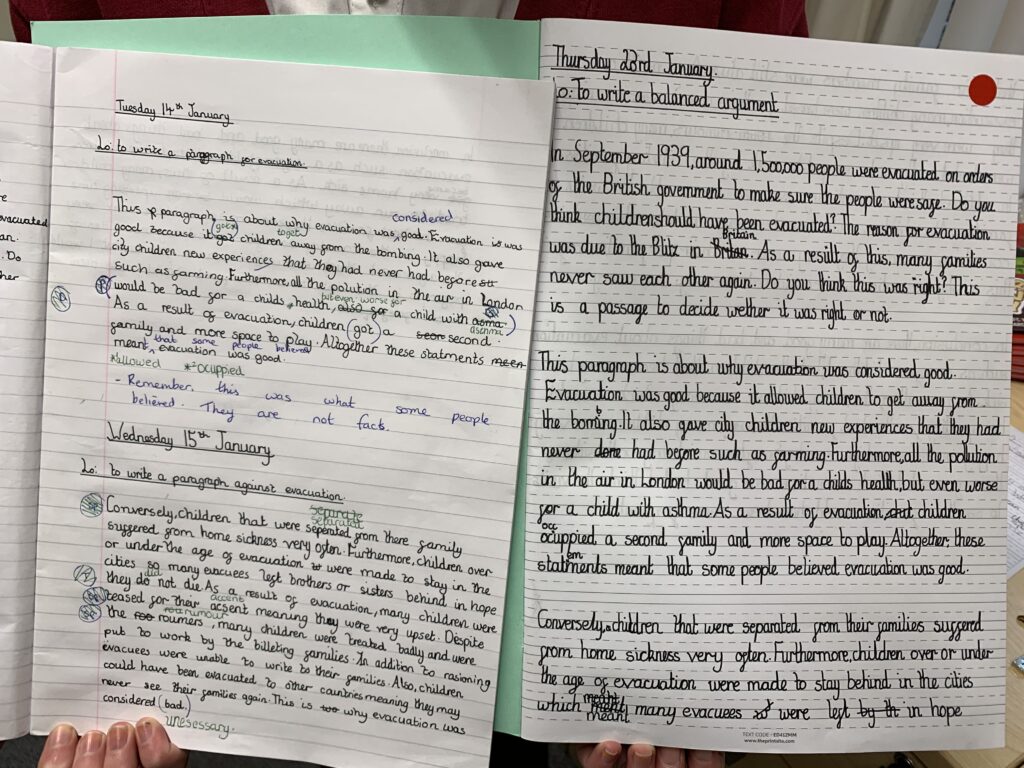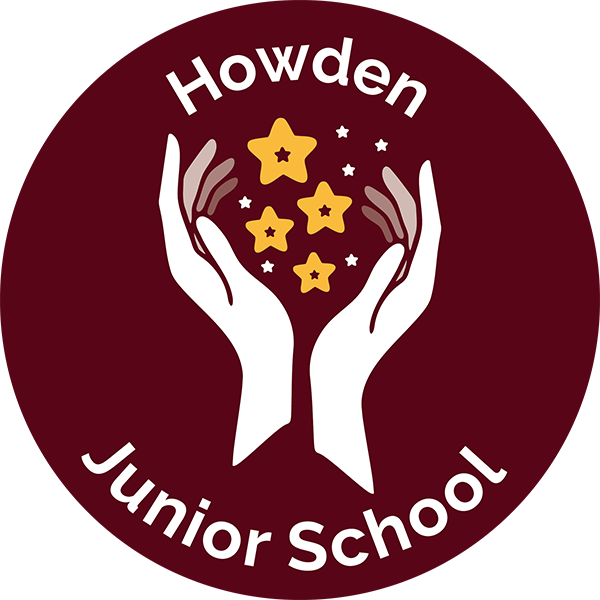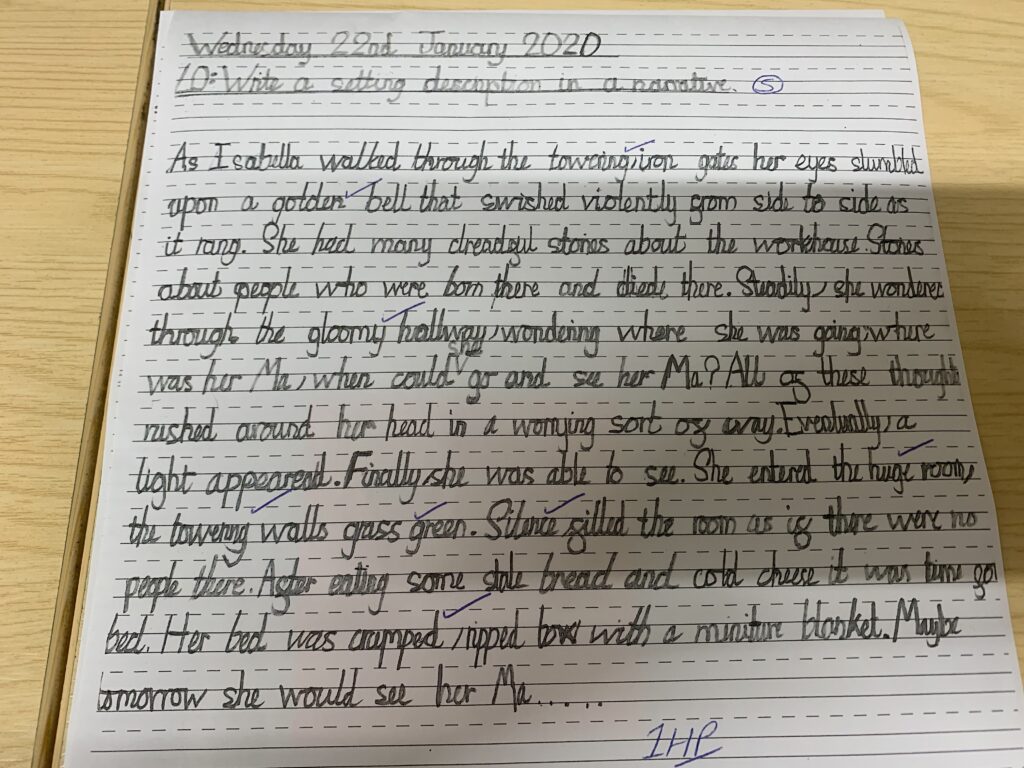- Art
- Assemblies
- Computing
- Design & Technology
- Forest School
- Geography
- History
- Languages
- Maths
- Music
- Our Entitlement Curriculum
- Physical Education & Sport
- PSHE
- Reading
- Religious Education
- Science
- Writing
English has a pre-eminent place in education and in society. A high-quality education in English will teach pupils to speak and write fluently so that they can communicate their ideas and emotions to others and through their reading and listening, others can communicate with them. Through reading in particular, pupils have a chance to develop culturally, emotionally, intellectually, socially and spiritually. Literature, especially, plays a key role in such development. Reading also enables pupils both to acquire knowledge and to build on what they already know. All the skills of language are essential to participating fully as a member of society; pupils, therefore, who do not learn to speak, read and write fluently and confidently are effectively disenfranchised.
At Howden Junior School, we intend for our children to leave as confident, capable and independent writers, who not only understand the purpose and importance of writing but also enjoy the writing process. We intend for children to use their writing skills across the curriculum.
Following the aims and objectives of the National Curriculum, we plan a progressive programme, which builds upon previous teaching and ensures that each child’s needs are met. We want our children to draw upon a rich exposure to quality literature so that throughout the writing process, they can write as a reader and read as a writer.
We intend for our children to be able to communicate and express themselves effectively for a variety of purposes and audiences.
We plan opportunities for children to develop their oracy skills by:
- Listening and responding appropriately to adults and their peers
- Using relevant strategies to build their vocabulary
- Articulating and justifying answers, arguments and opinions, giving well-structured descriptions, explanations and narratives for different purposes
- Using spoken language to develop understanding through speculating, hypothesising, imagining and exploring ideas
- Speaking audibly and fluently with an increasing command of Standard English
- Participating in discussions, presentations, performances, role play, improvisations and debates
- Considering and evaluating different viewpoints, attending to and building on the contributions of others
- Selecting and using appropriate registers for effective communication
Our curriculum cultivates a sense of independence in writing, whilst being inclusive and enriching. We also want all of our children to be able to spell new words by effectively applying spelling patterns and rules. They will have a solid understanding of grammar and apply it effectively to their writing. We believe that all children should be encouraged to take pride in the presentation of their writing by developing a legible, cursive, handwriting style in preparation for their move to secondary school. Ultimately, we aim for all children to reach their full potential in writing.
Handwriting
At Howden Junior School we believe that teaching handwriting effectively impacts the wider curriculum and the development of the whole child offering, among others the following benefits:
- When children can write autonomously they can concentrate on what to write rather than how to write so their ideas and writing content will improve
- A significant impact on children’s self-esteem, when they see beautiful writing which they have created with their own hand
- The huge effect of good handwriting on children’s motivation and enjoyment for writing
- Develops a strong sense of pride which cannot be measured by attainment level or standardised testing
- Where children have good handwriting, and are proud of how their work looks, they become far more meticulous about spelling, punctuation, grammar and their use of language.
- When children take care to produce beautiful work they are more likely to take care in other areas of their life – e.g care for resources, care for each other.
Visit our Feedback & Reviews page for Martin Harvey’s (ISHA) comments on his collaboration with our school.



